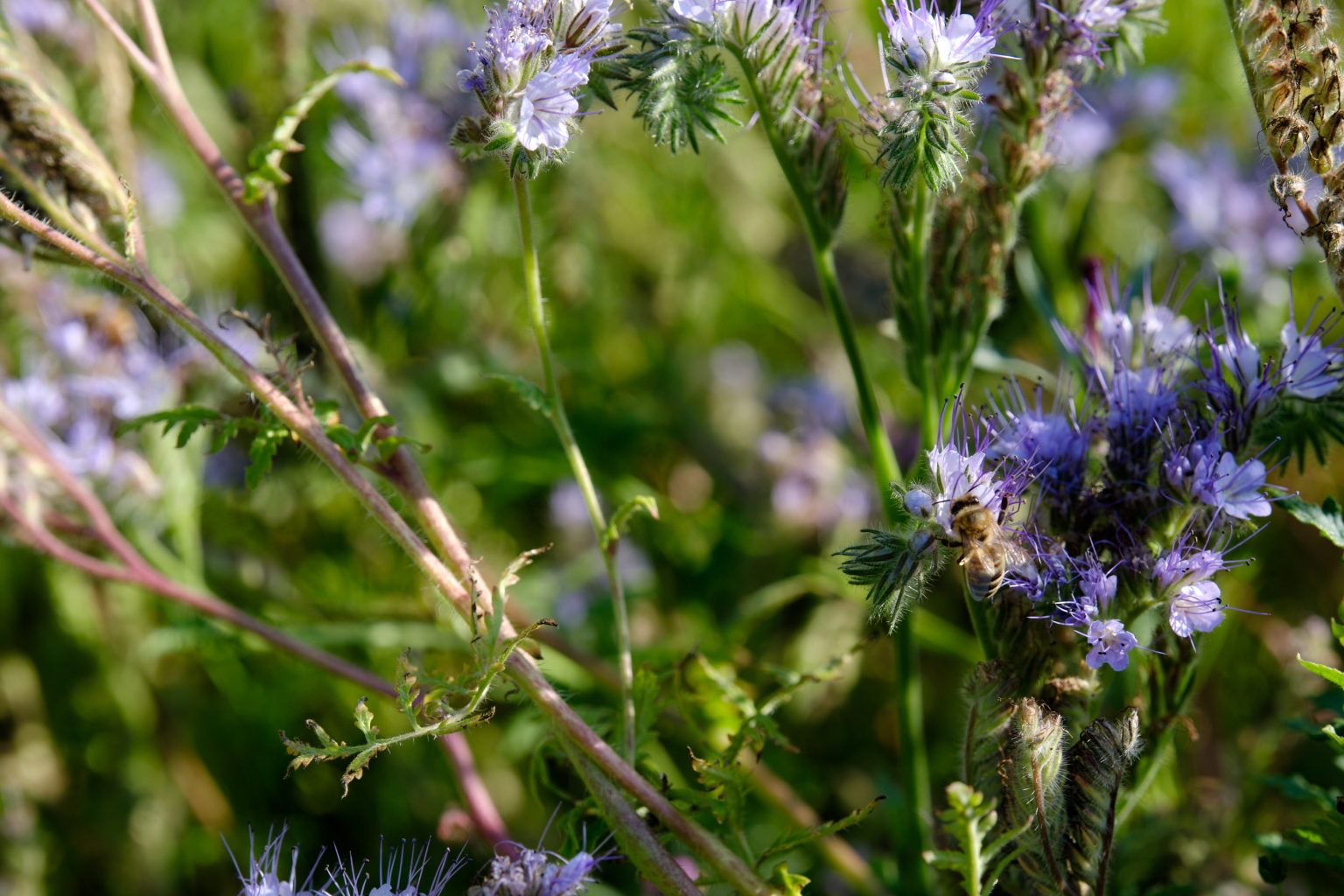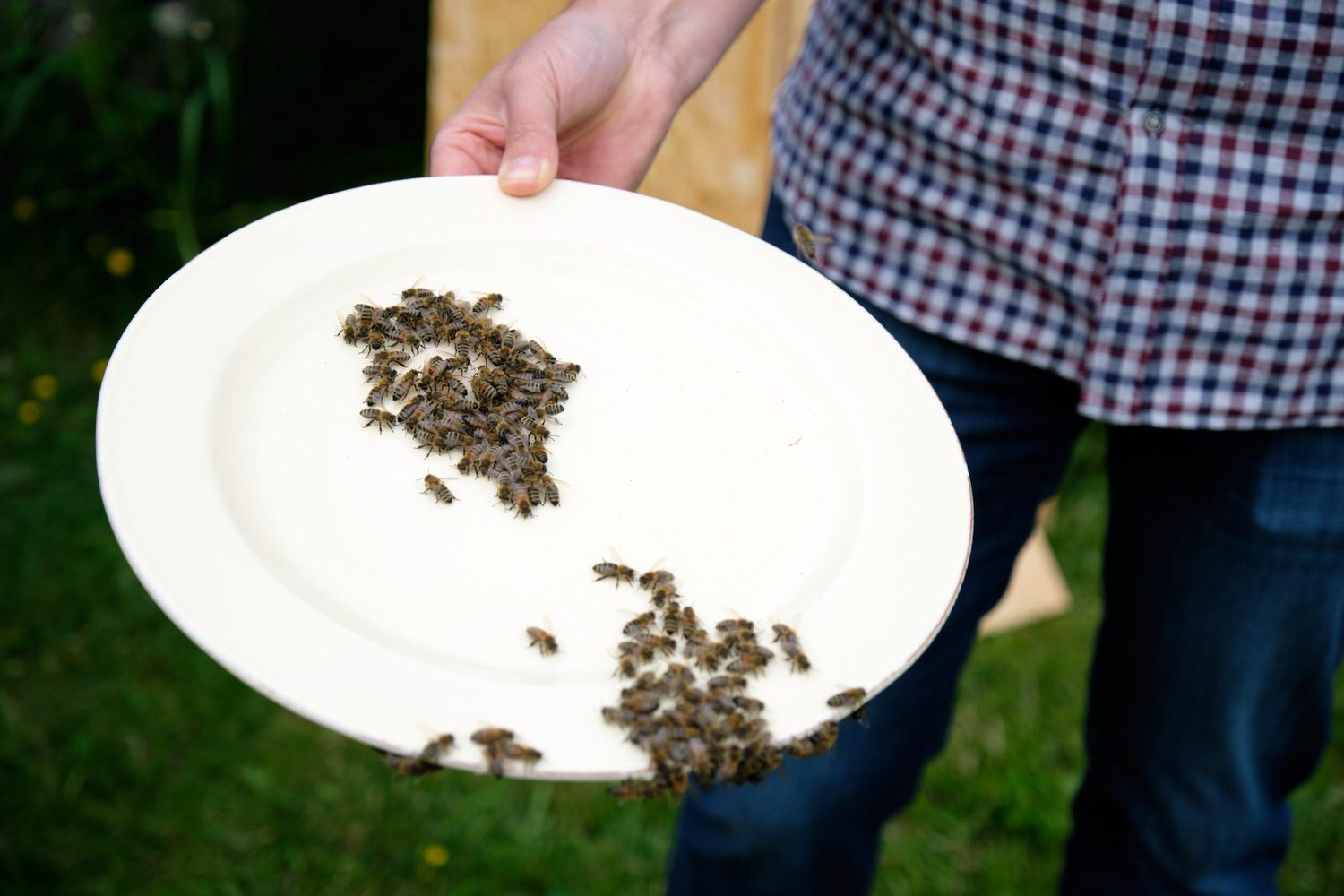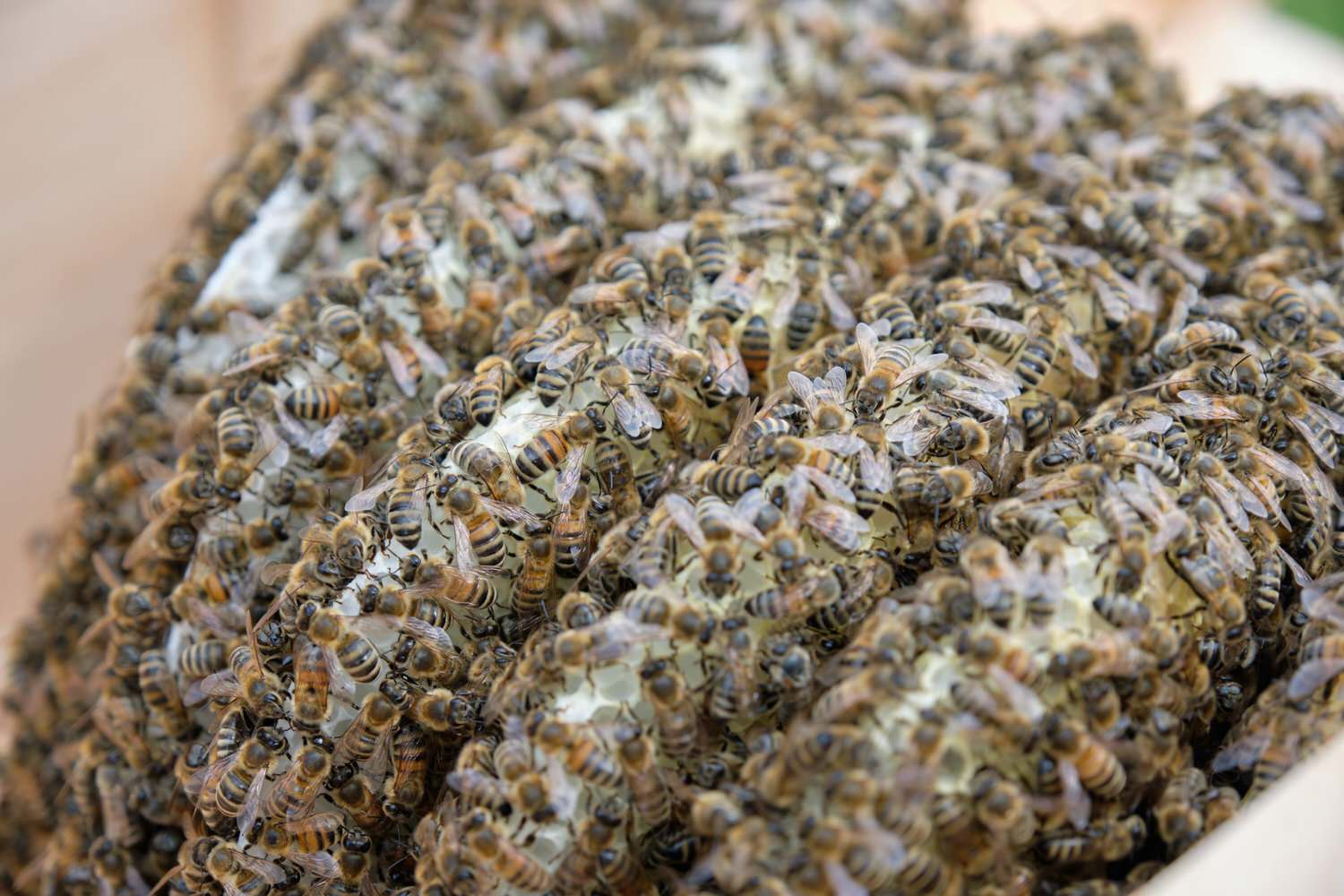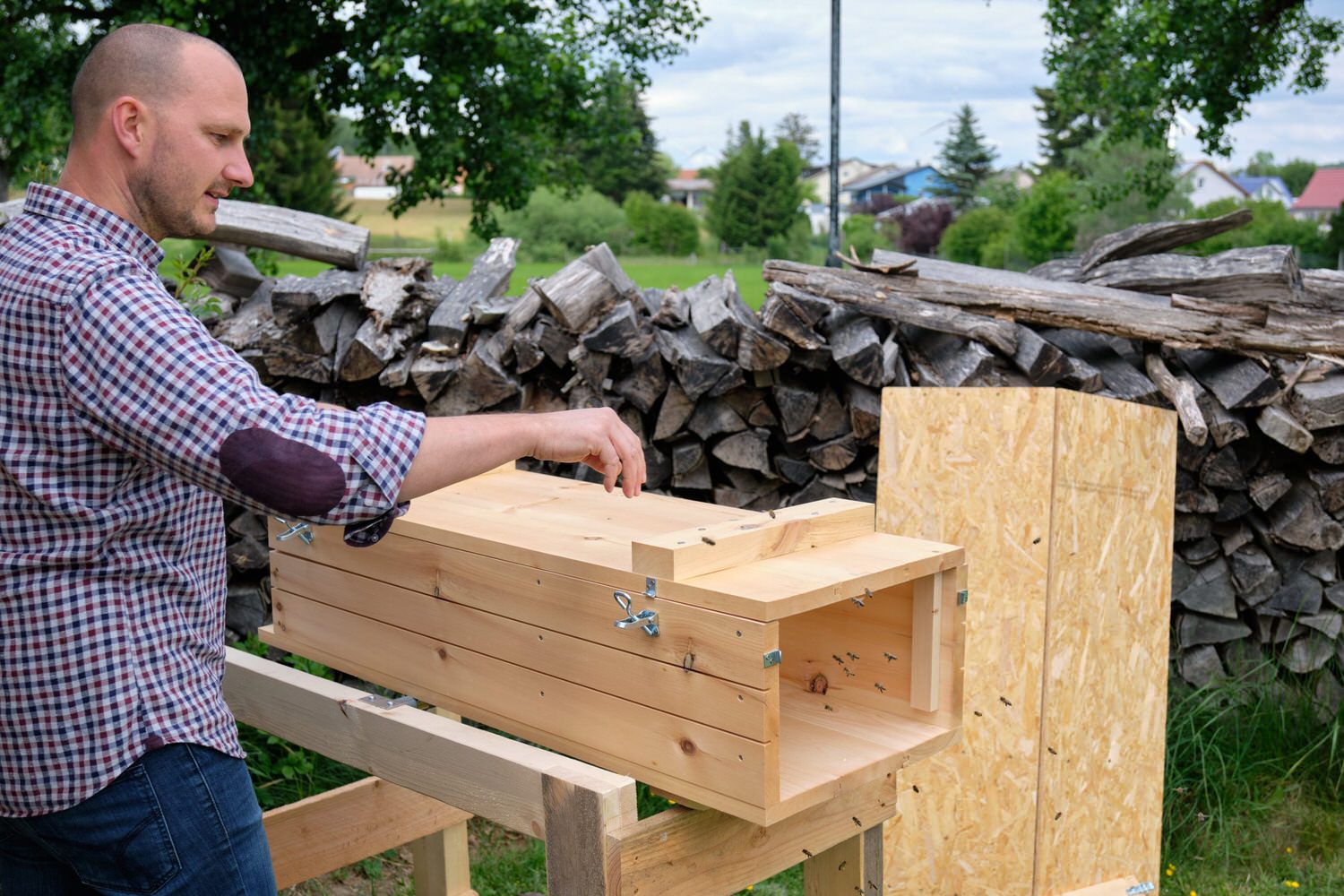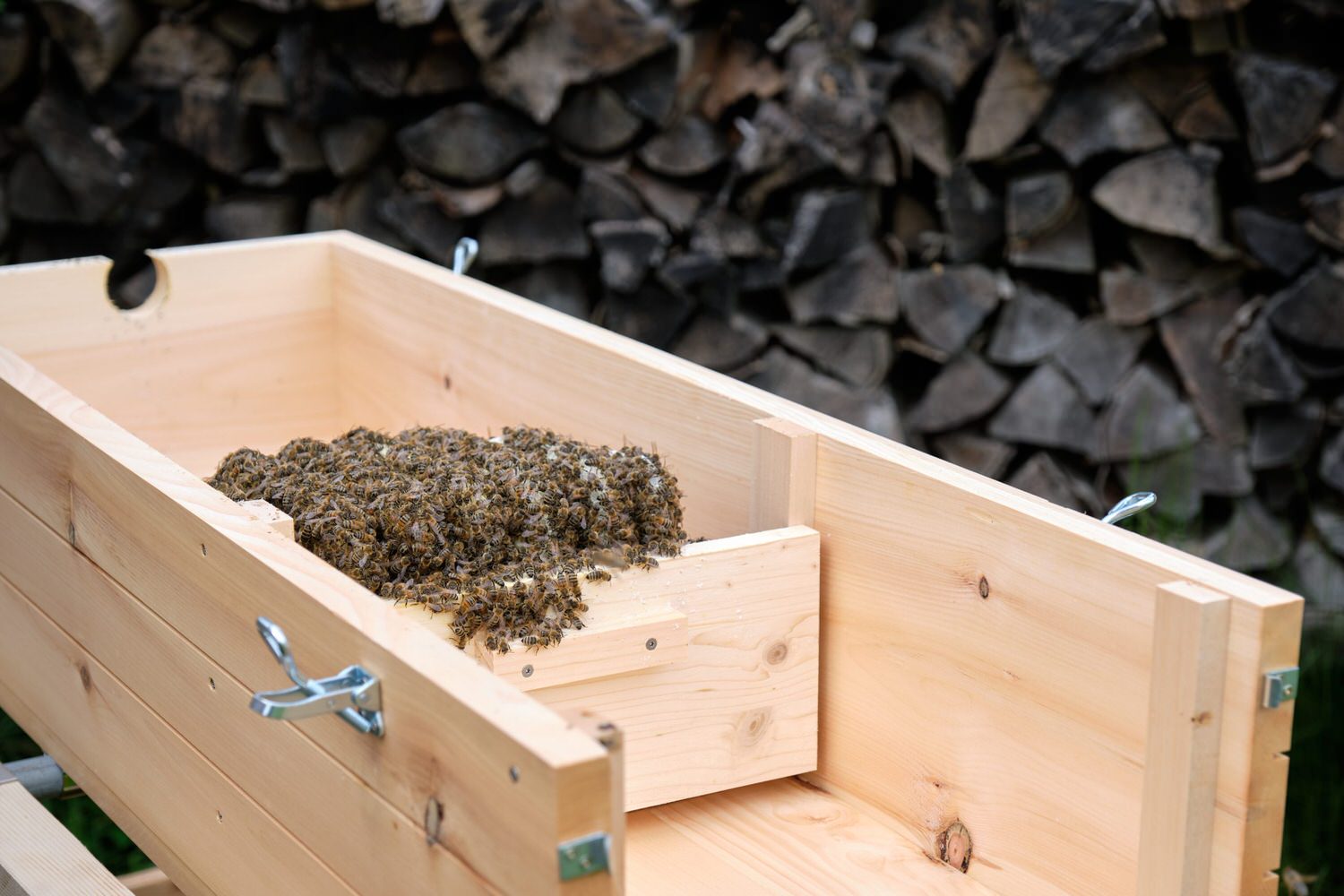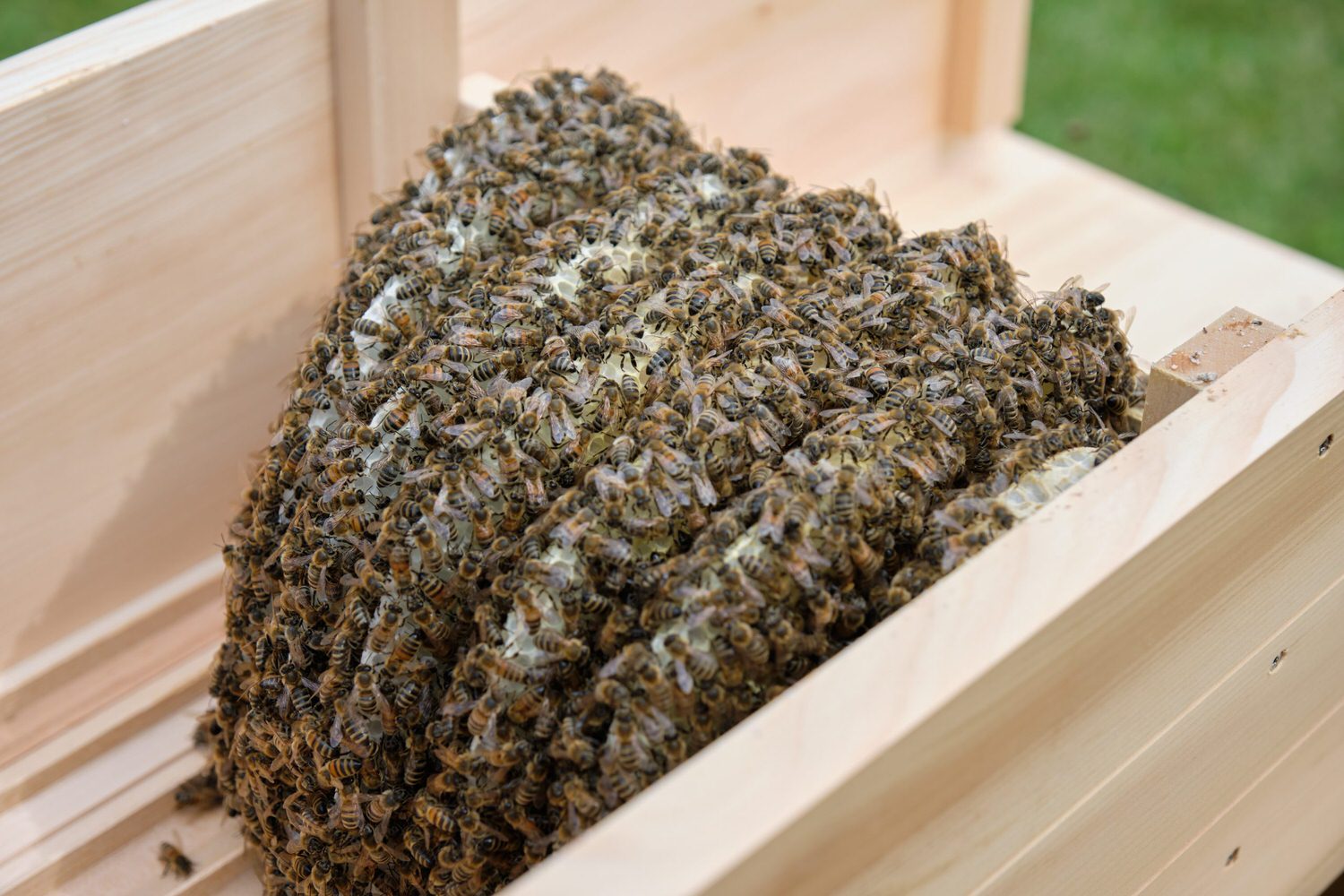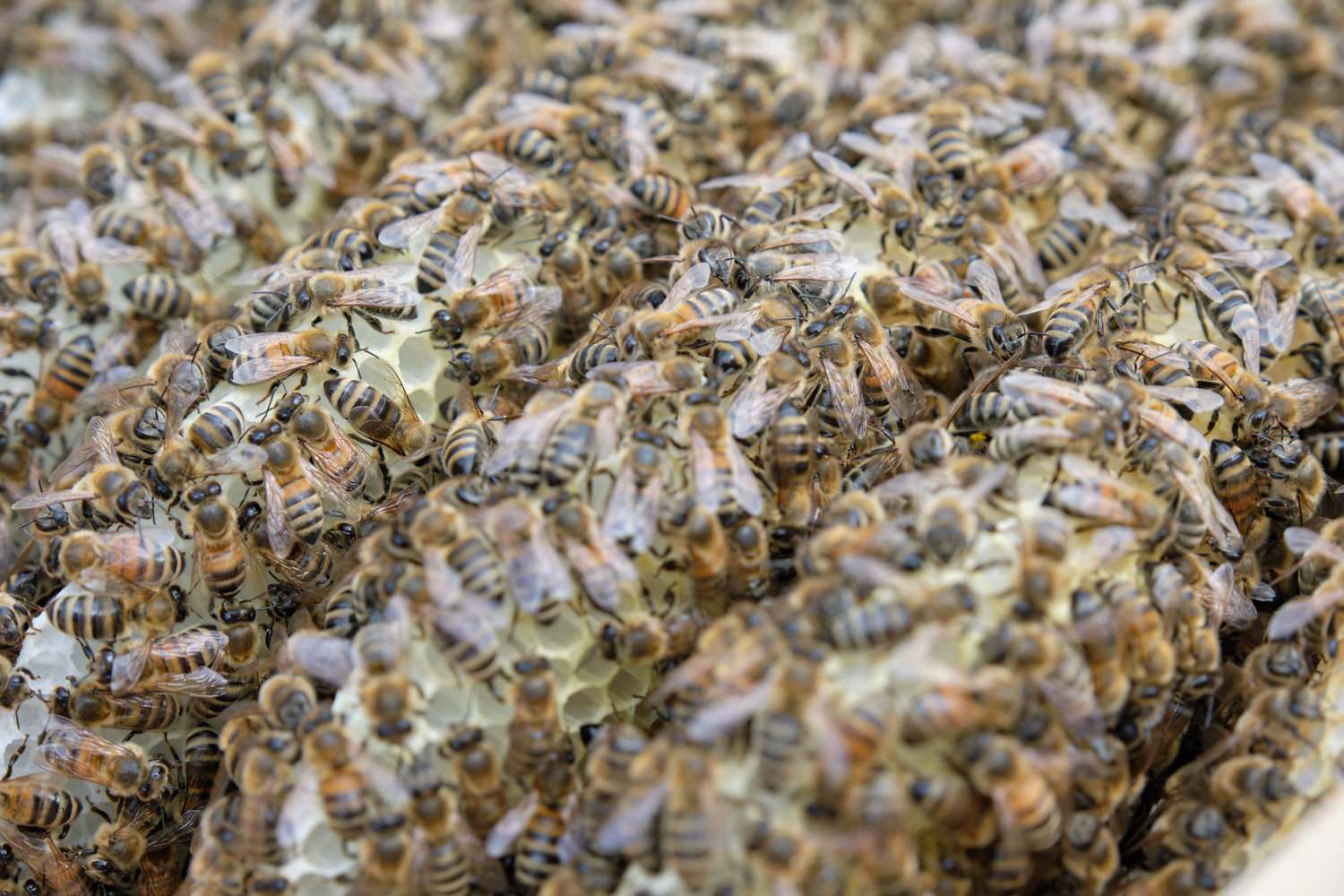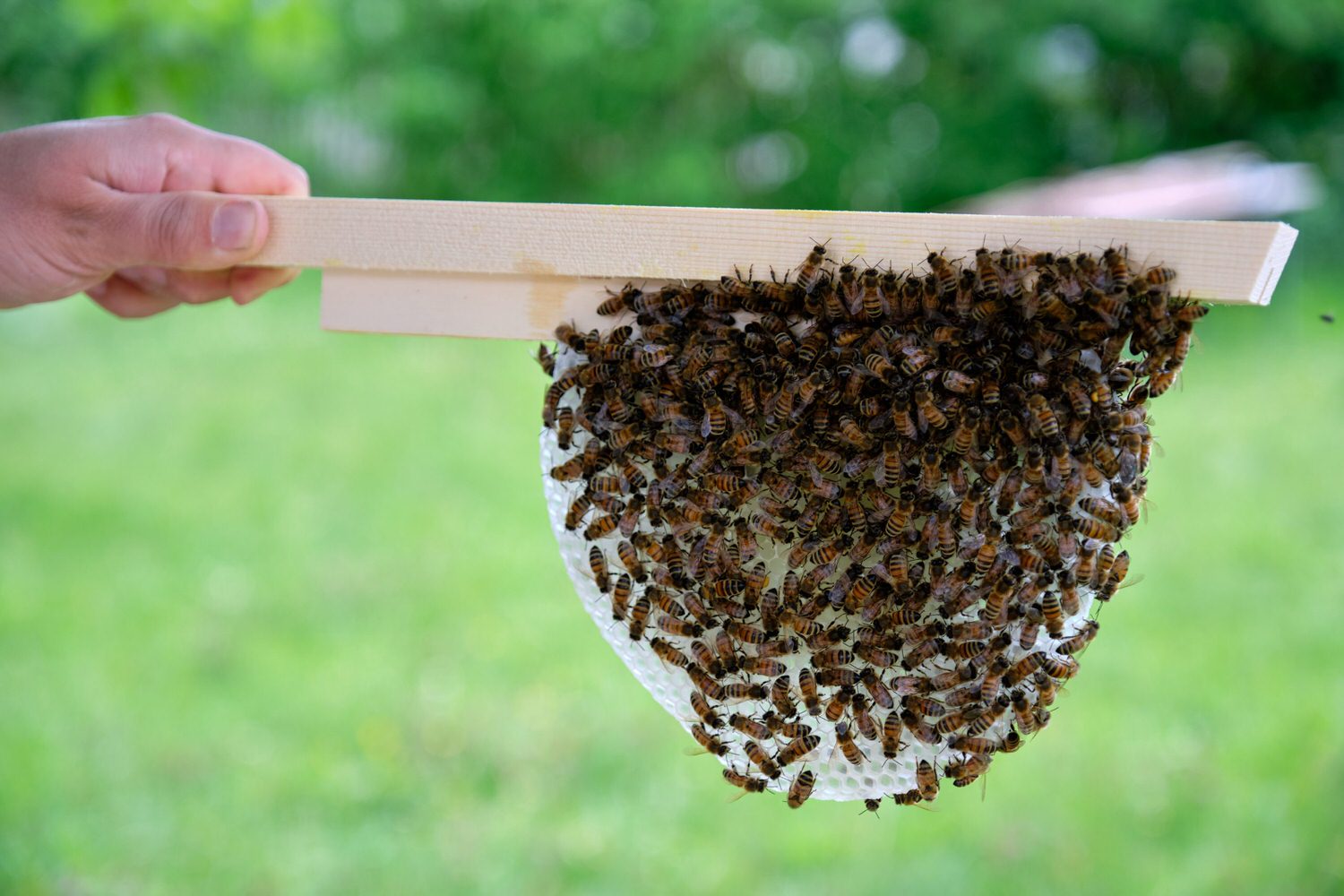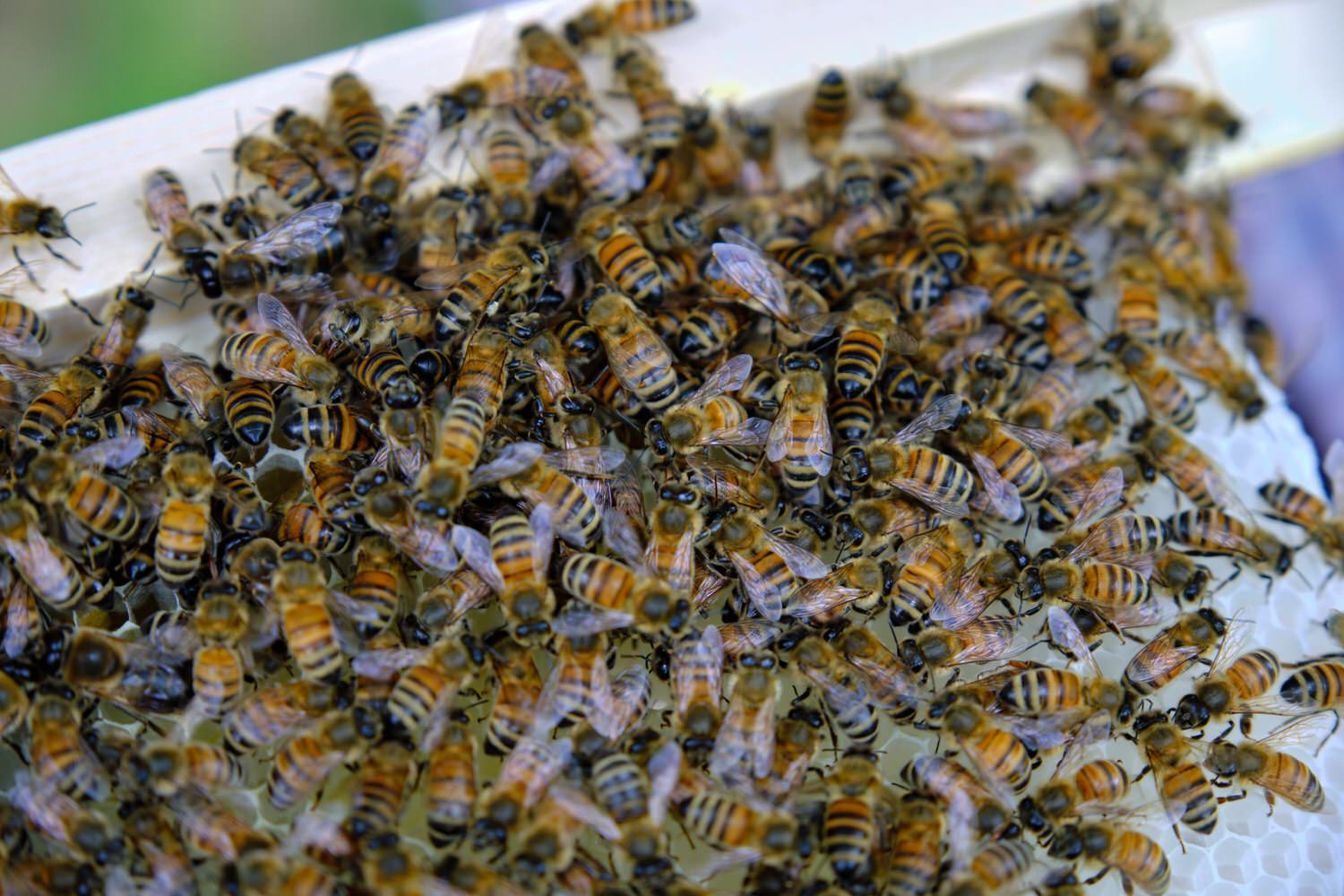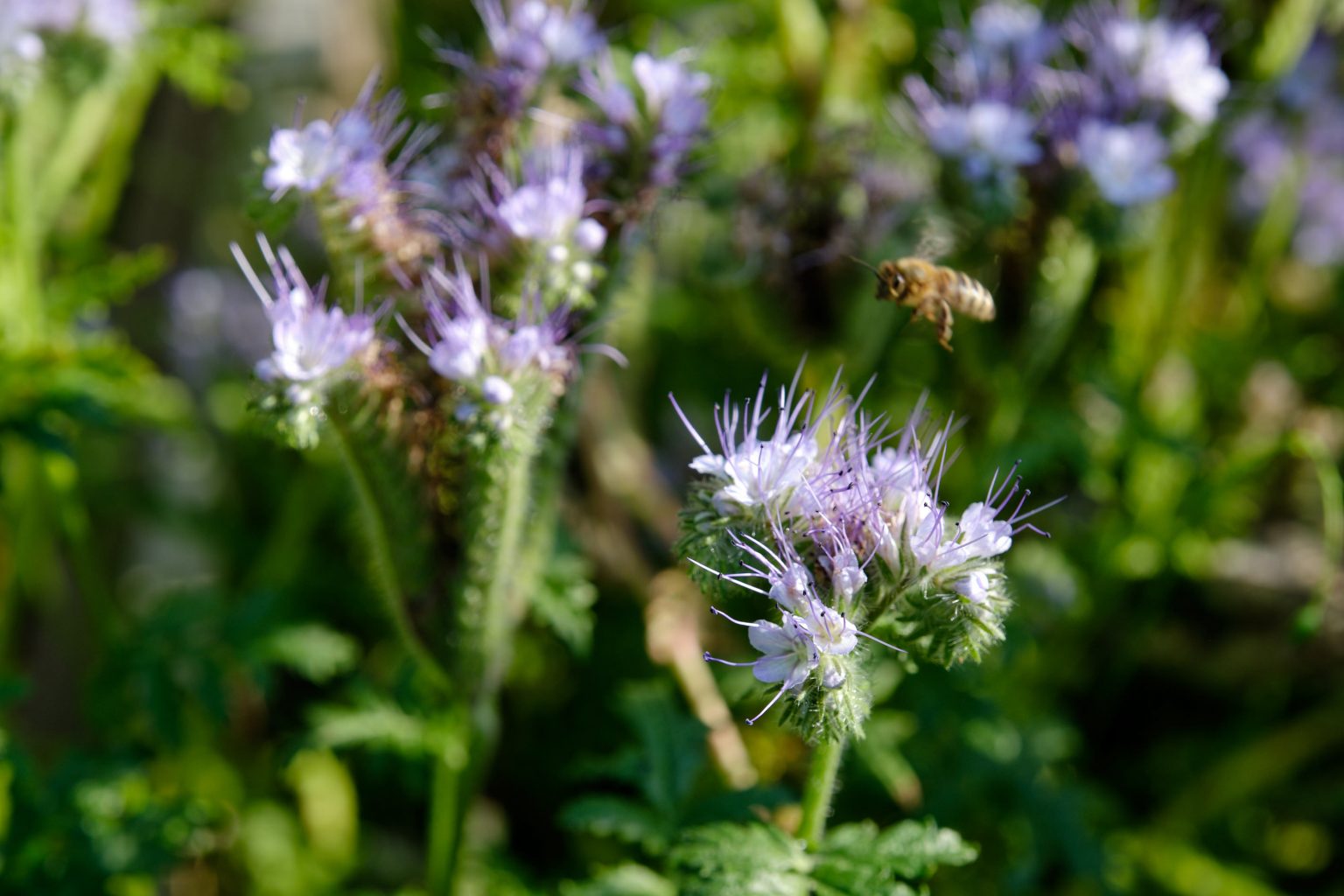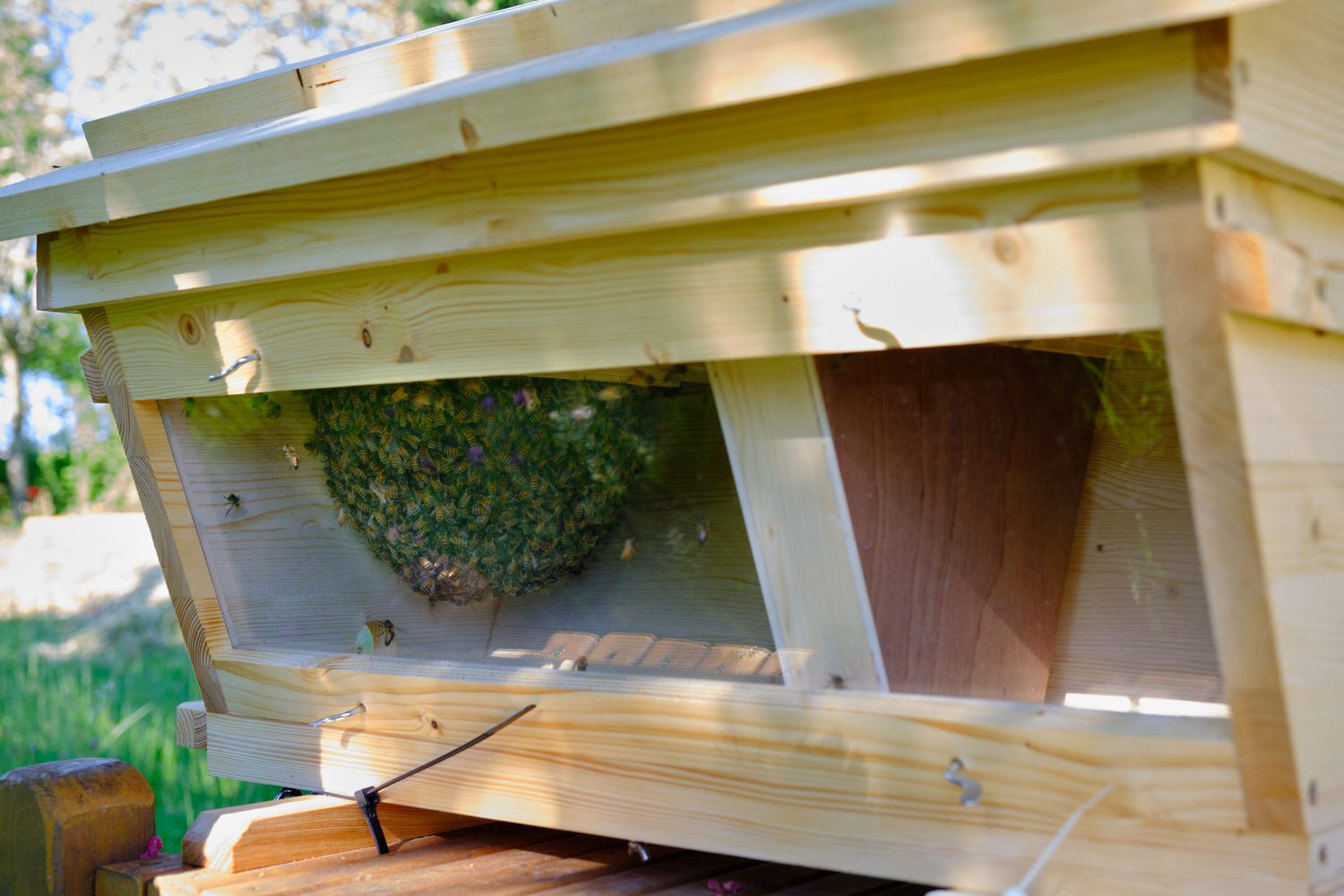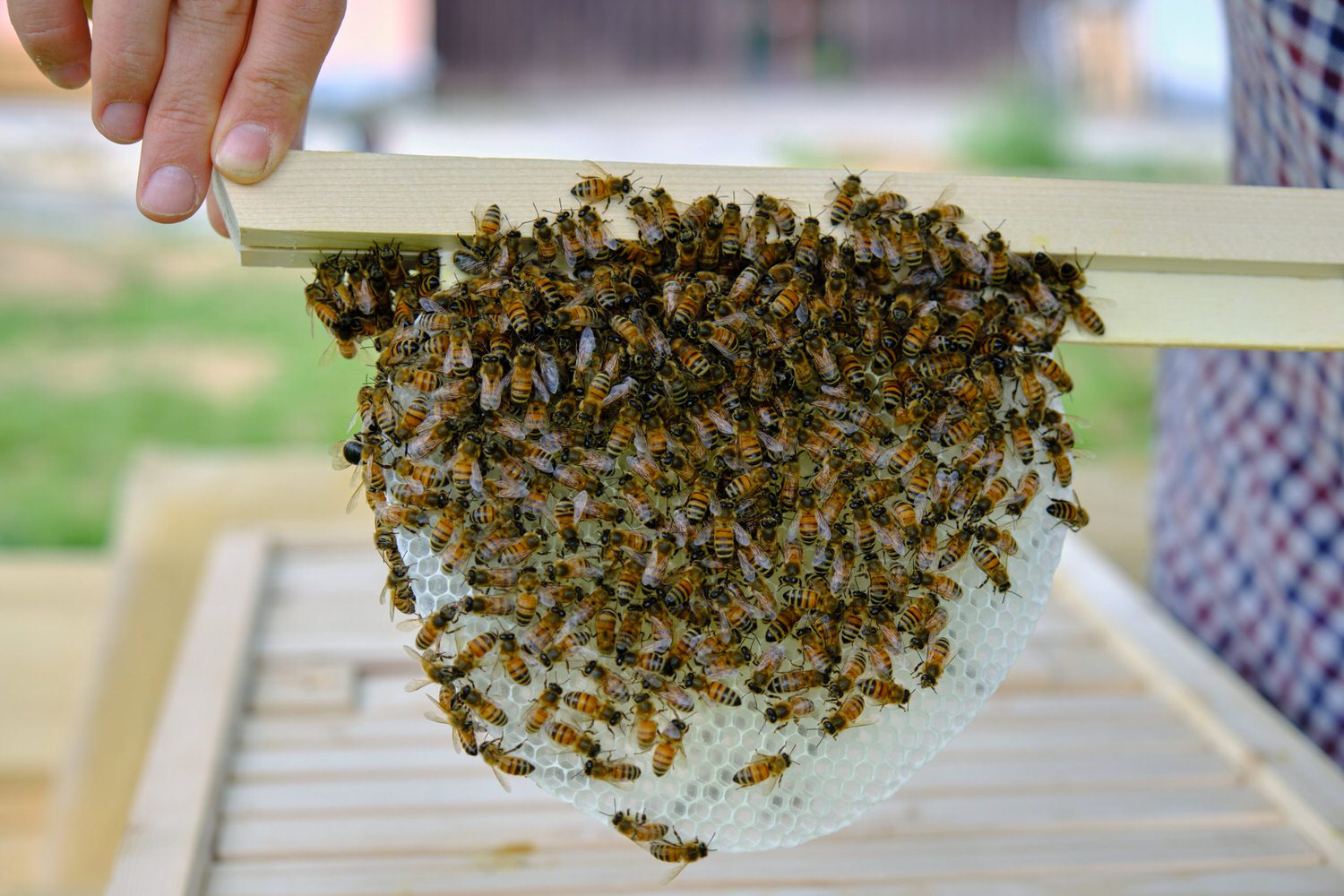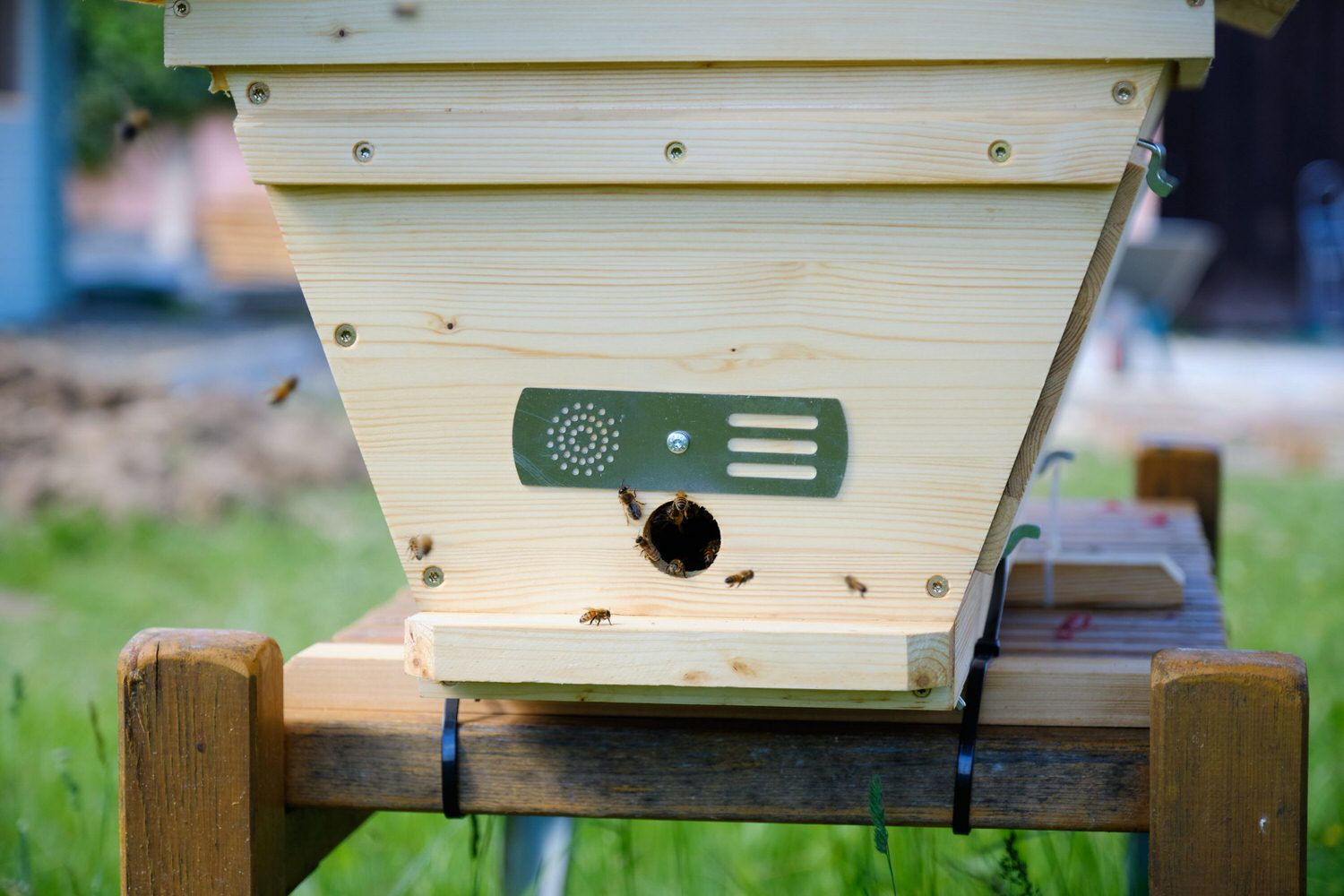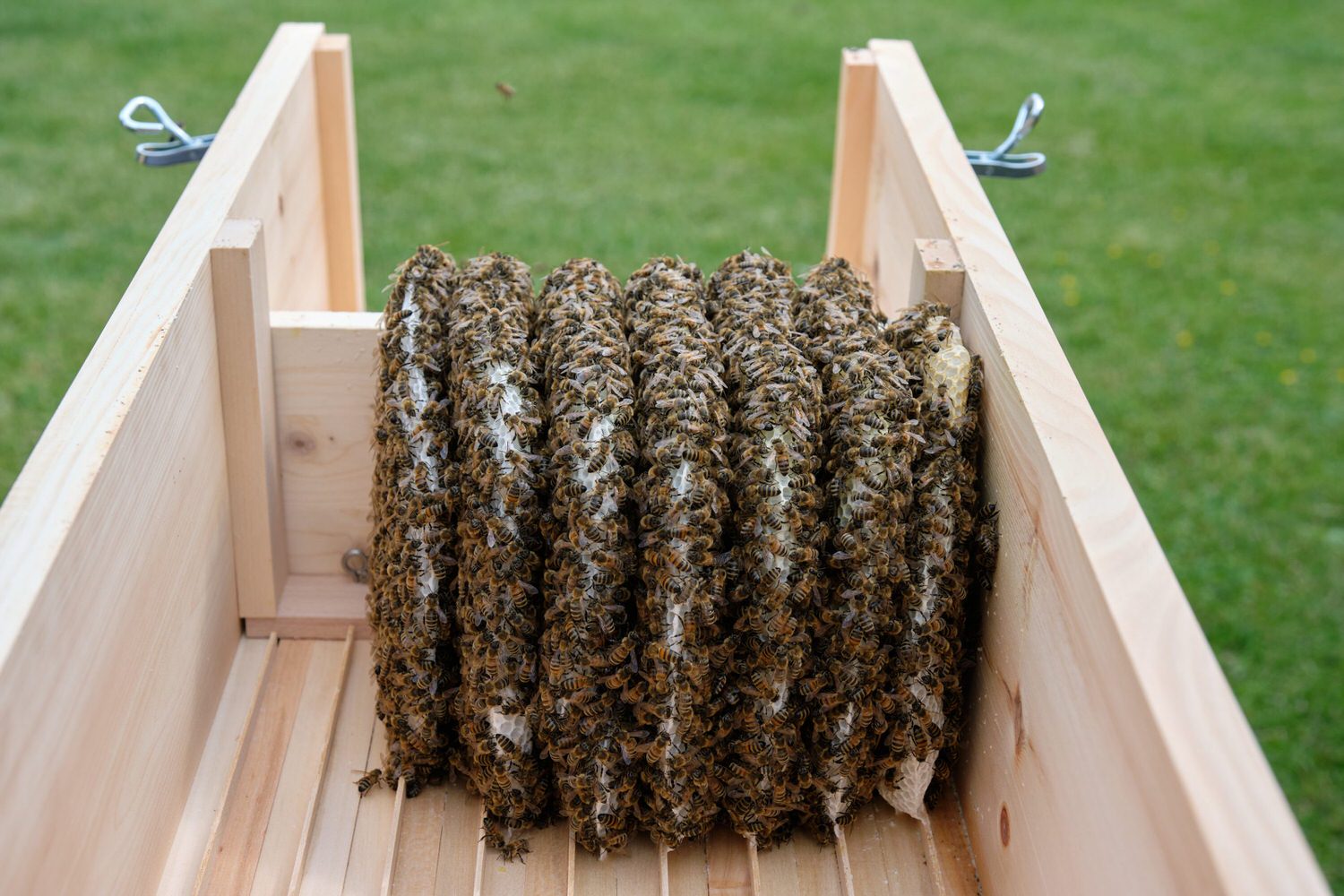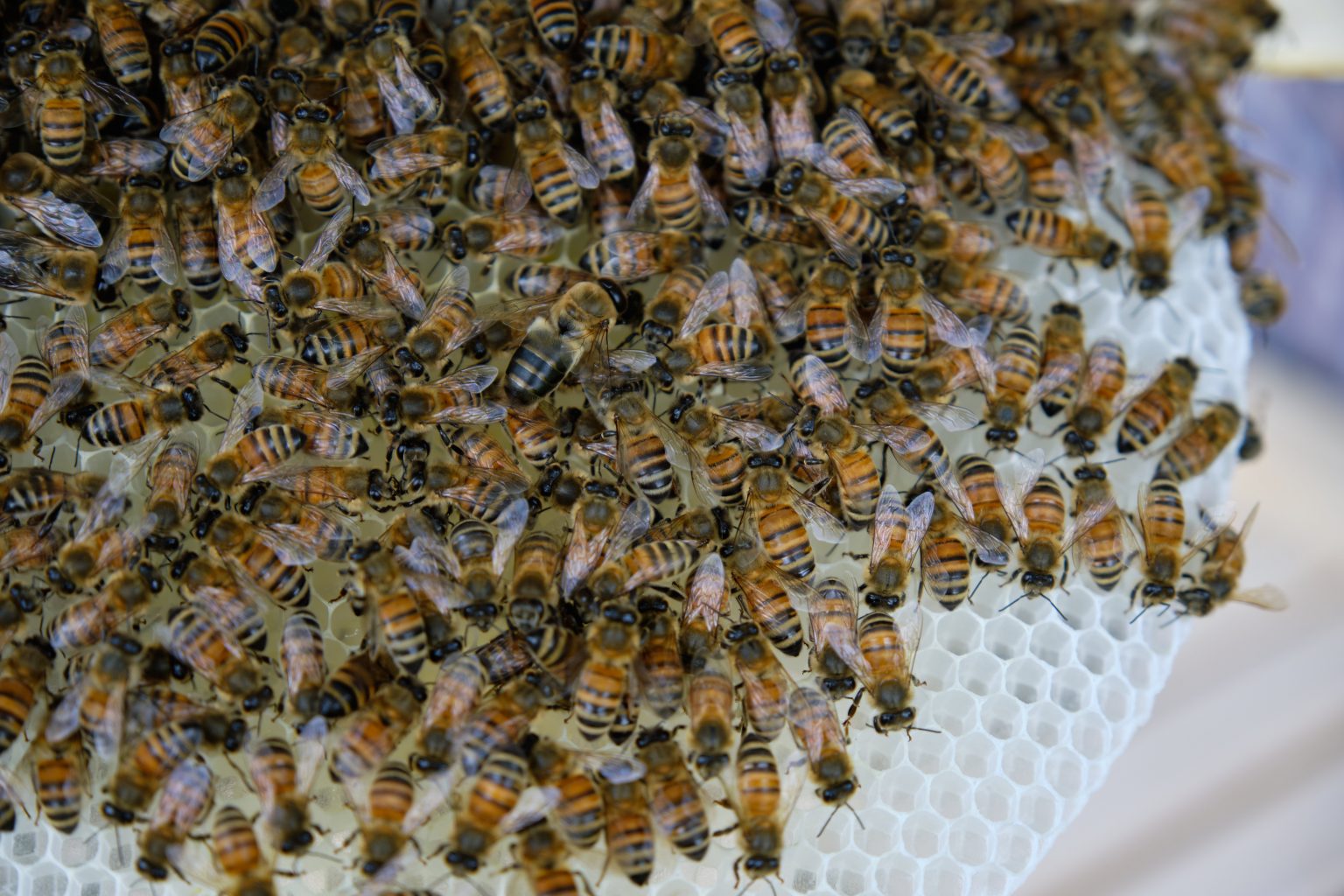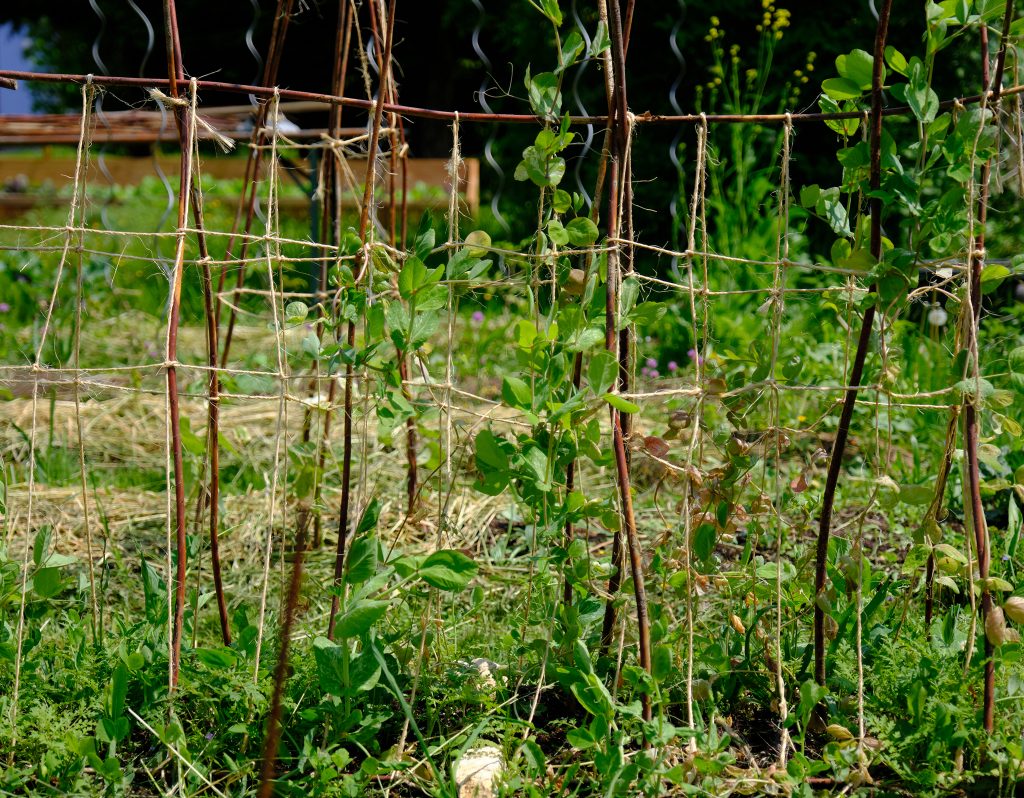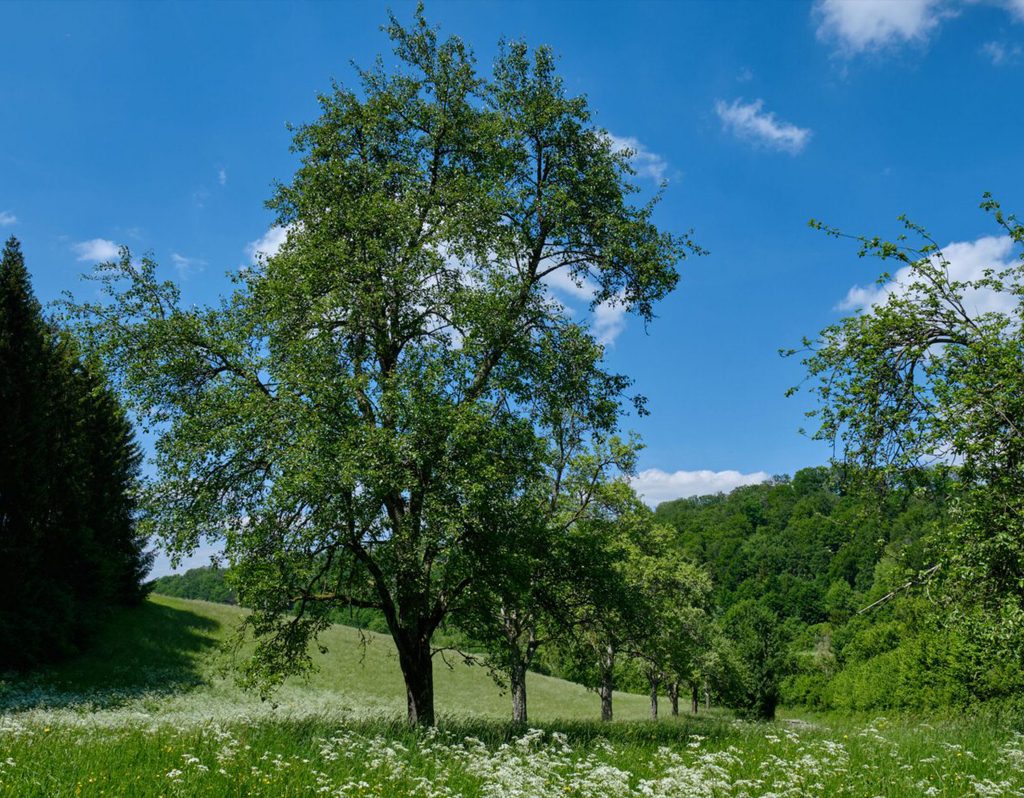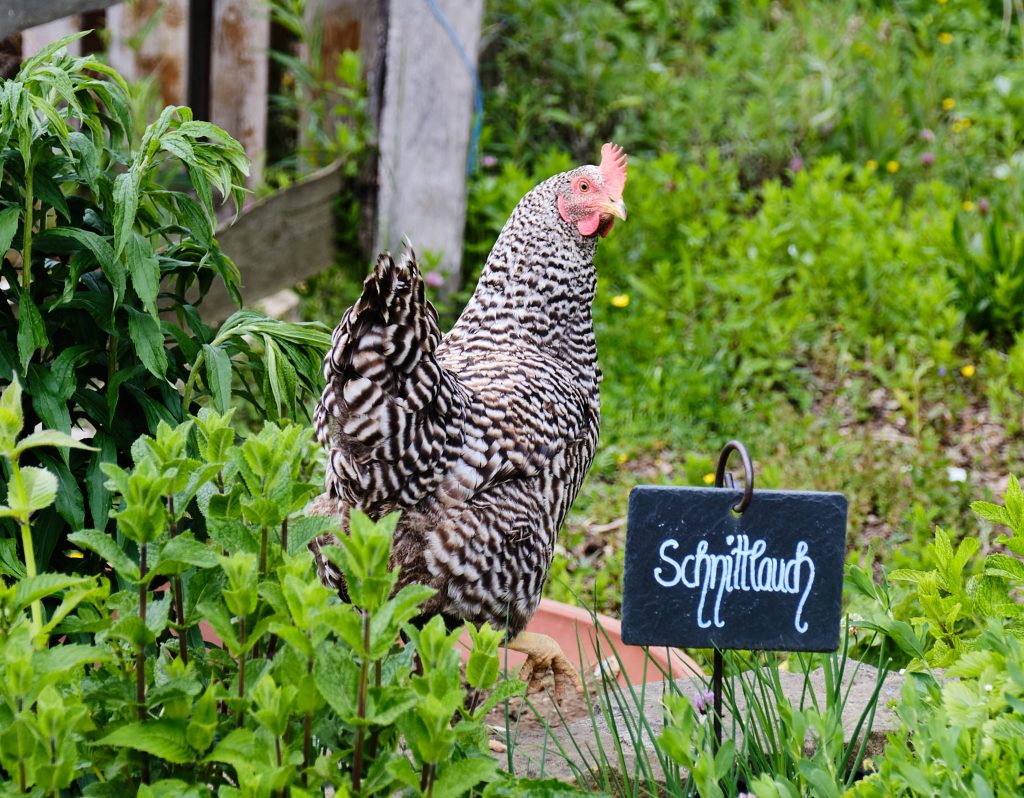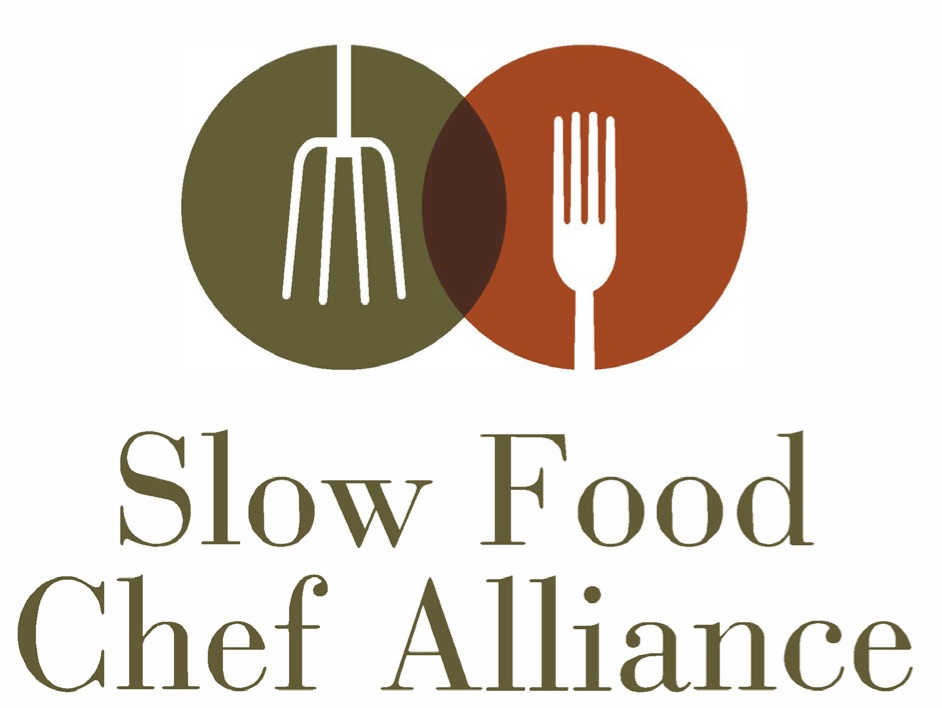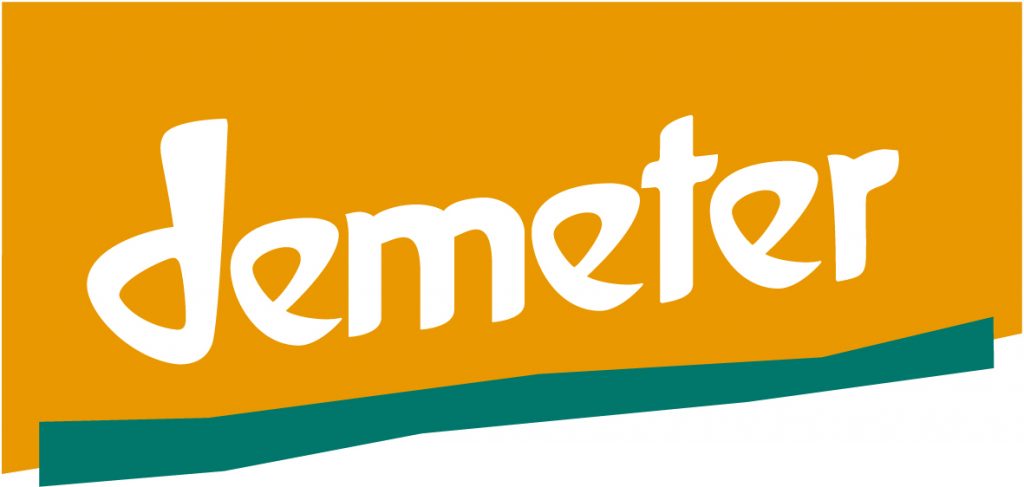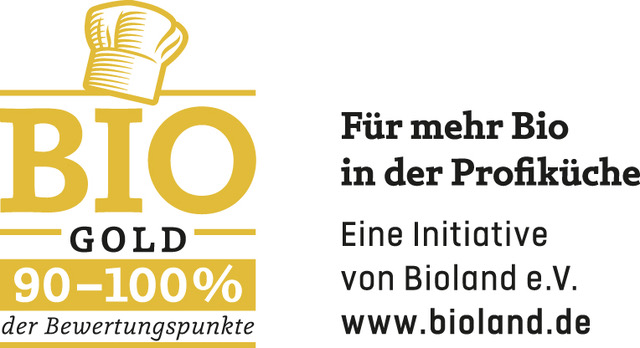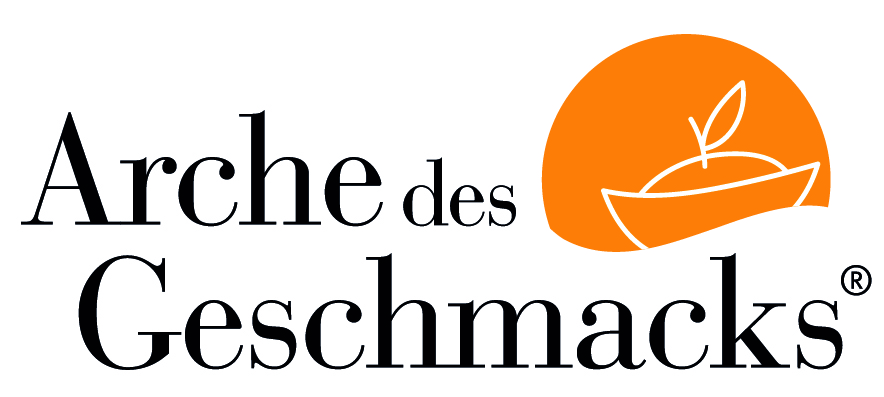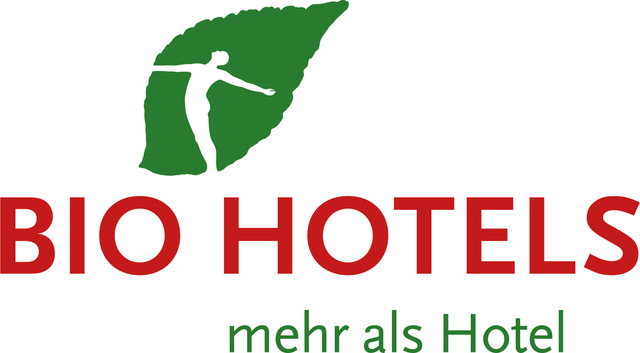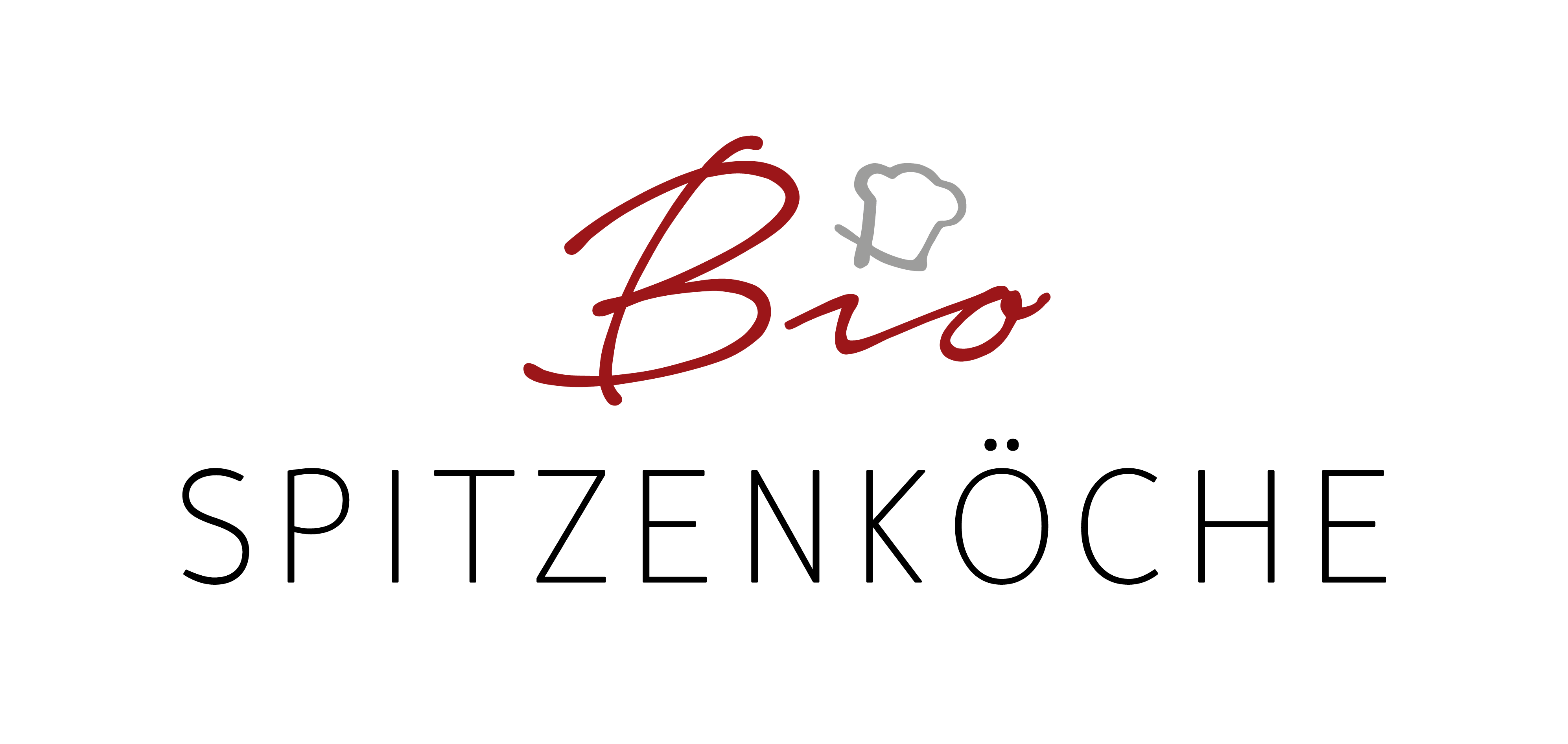Bienen
Noch vor ein paar Jahren hatten wir uns gefragt, wie ein Honig „Bio“ sein kann. Man kann Bienen zwar vor ein Biofeld stellen, aber die Bienen legen bis zu 10 Kilometer in jede Himmelsrichtung für die Sammlung von Pollen und Nektar zurück. So große Bioflächen gibt es hierzulande nicht. Aus Prinzip haben wir aber dennoch den regionalen Biohonig gekauft und uns immer wieder gefragt, ob dies sinnig ist.
"Was wir dann über Bienenhaltung lernten, hat uns schockiert."
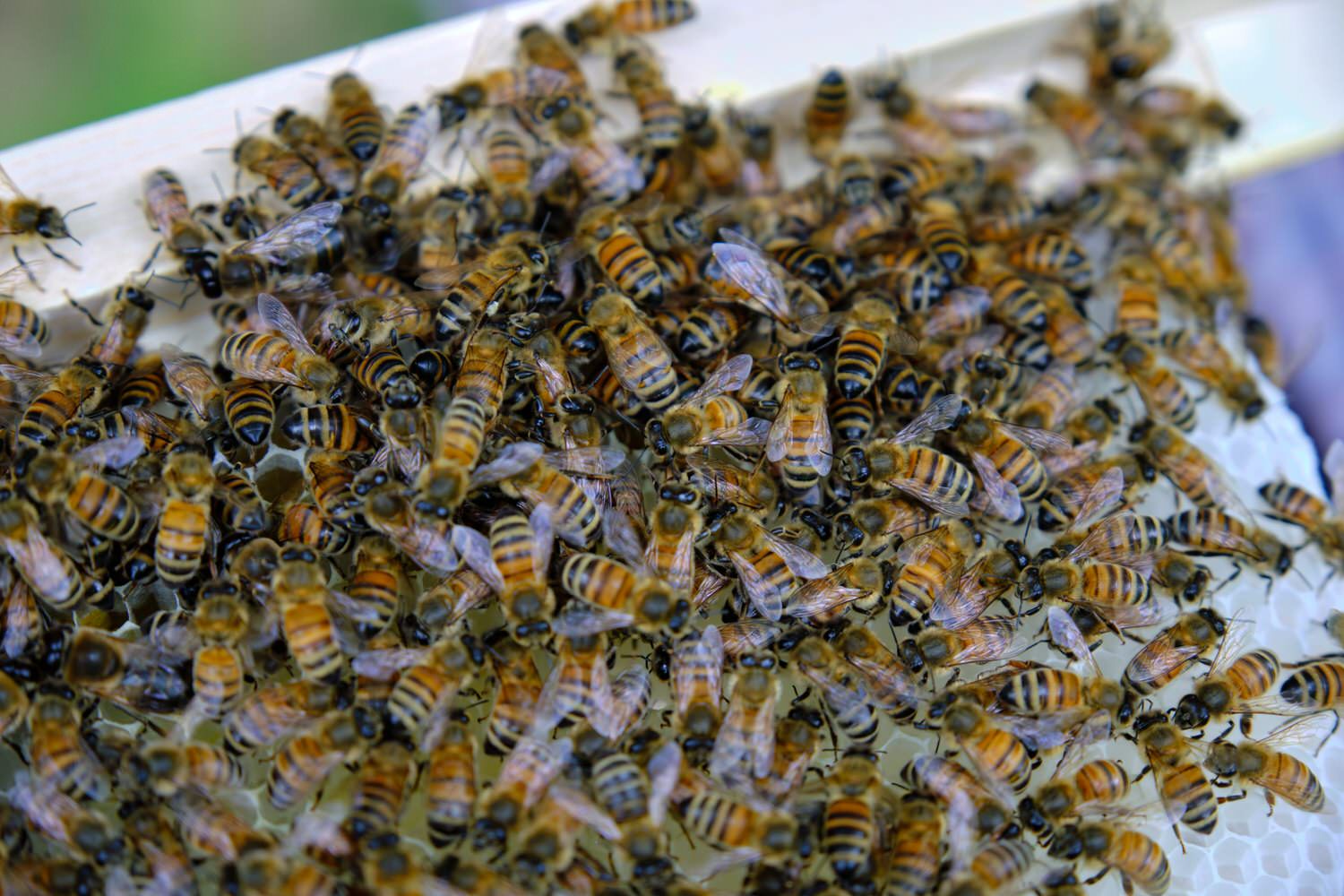
Den Unterschied haben wir erst verstanden als wir selbst Bienen halten wollten. Nicht wegen des Honigs, sondern wegen der Bestäubung unserer Pflanzen. Was wir dann über Bienenhaltung lernten, hat uns schockiert. Das natürliche Ausschwärmen wird durch gezielte Maßnahmen unterbunden, die Besamung findet künstlich statt und der Honig, der schließlich die Vorratskammer der Bienen ist, wird in der Regel vollständig entnommen. Die Bienen selbst müssen mit Zuckerwasser als Vorrat klar kommen. Dieser hat längst nicht die Inhaltsstoffe, wie ihr mit viel Arbeit hergestellter eigener Honig. Die Bienen sind nicht resistent und deshalb ihren natürlichen Feinden leichter ausgeliefert. Antibiotika findet leider auch hier großzügigen Einsatz. Weiter wurden die Bienenrassen so gezüchtet, dass diese sich kaum verteidigen können. So muss der Imker den Stich zwar nicht so fürchten, allerdings schlecht für die Bienen welche sich nicht mehr so wie von der Natur vorgesehen verteidigen können.
"Somit gelangen Dinge in den Honig, die wir nicht auf unser Brot schmieren möchten. Im Biobereich gibt es hier klare Einschränkungen und Grenzen."
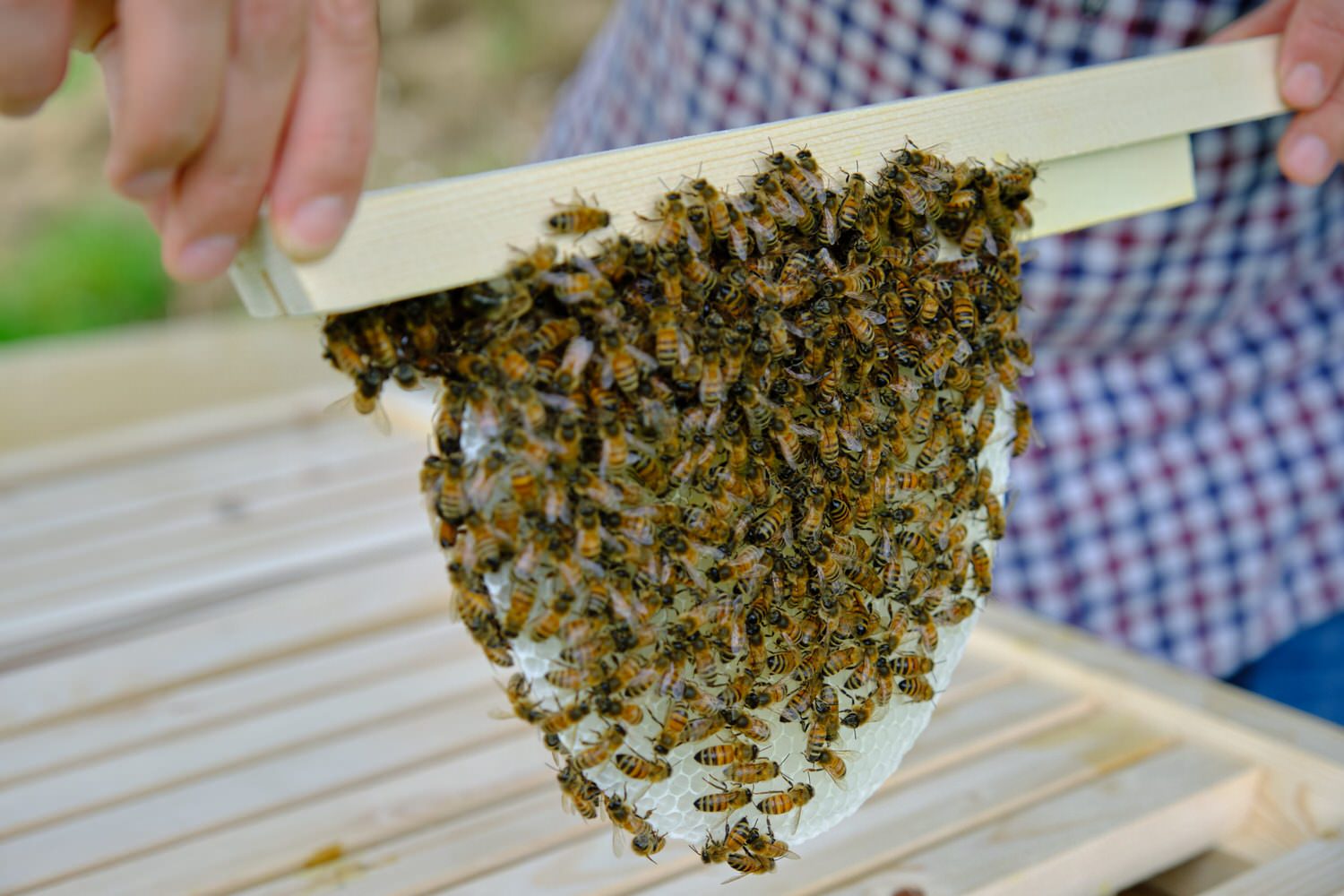
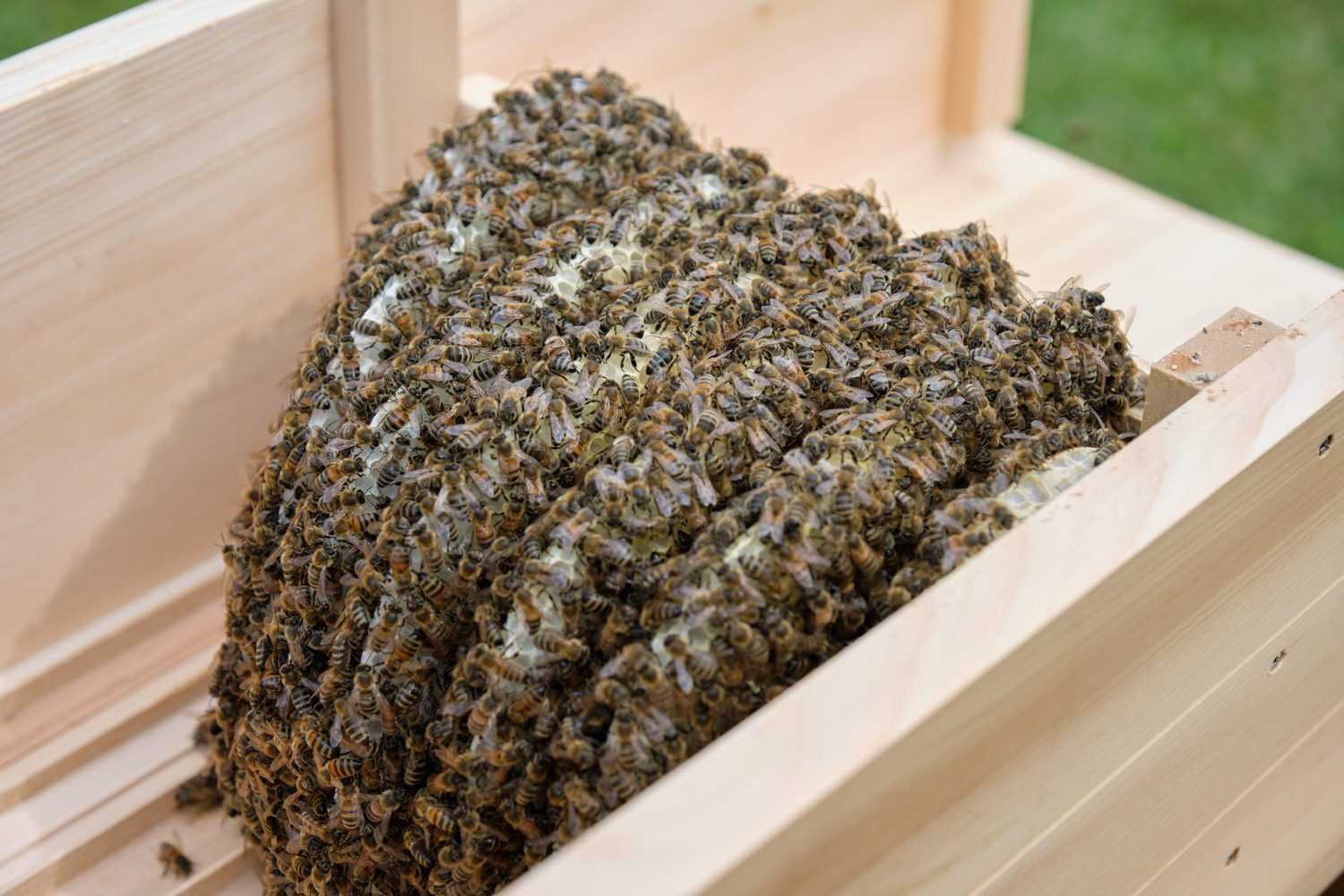
Gegen die Varroamilbe wird mit chemischen Keulen vorgegangen. Somit gelangen Dinge in den Honig, die wir nicht auf unser Brot schmieren möchten. Im Biobereich gibt es hier klare Einschränkungen und Grenzen. Wer sich für die Probleme der Bienen interessiert, sollte auf jeden Fall die Dokumentation „More than Honey“ anschauen. Spätestens dann wird auch bewusst was für eine Gefahr dies auch für die Menschen bürgt.
Den erhobenen Zeigefinger möchten wir dennoch schnell verschwinden lassen. Imker müssen mit dieser Tätigkeit Ihren Lebensunterhalt verdienen. Hier gibt es leider die gleichen Konflikte, zwischen konventioneller und biologischer Haltung sowie beim Tierwohl und wie bei allen anderen Bereichen der Landwirtschaft.
Im Fazit haben wir uns dazu entschieden selbst Bienen zu halten. Wesens- und Artgerecht. Da unser Hauptaugenmerk auf der Bestäubung liegt, haben wir uns für Einraumbeuten entschieden. Diese passen zu unseren Werten, der Zielsetzung und sind zudem nicht so arbeitsintensiv. Man überlässt die meiste Arbeit den Bienen und die dürfen dafür den allergrößten Teil des Honigs behalten. Wir bedienen uns etwas am Überschuss, schließlich sind Bienen fleißig.
"Bei der Gartenplanung ist für uns damit eine neue Dimension hinzugekommen. Wir müssen dafür Sorge tragen, dass immer genug Pollen- und Nektarquellen für unsere Bienen zur Verfügung stehen."
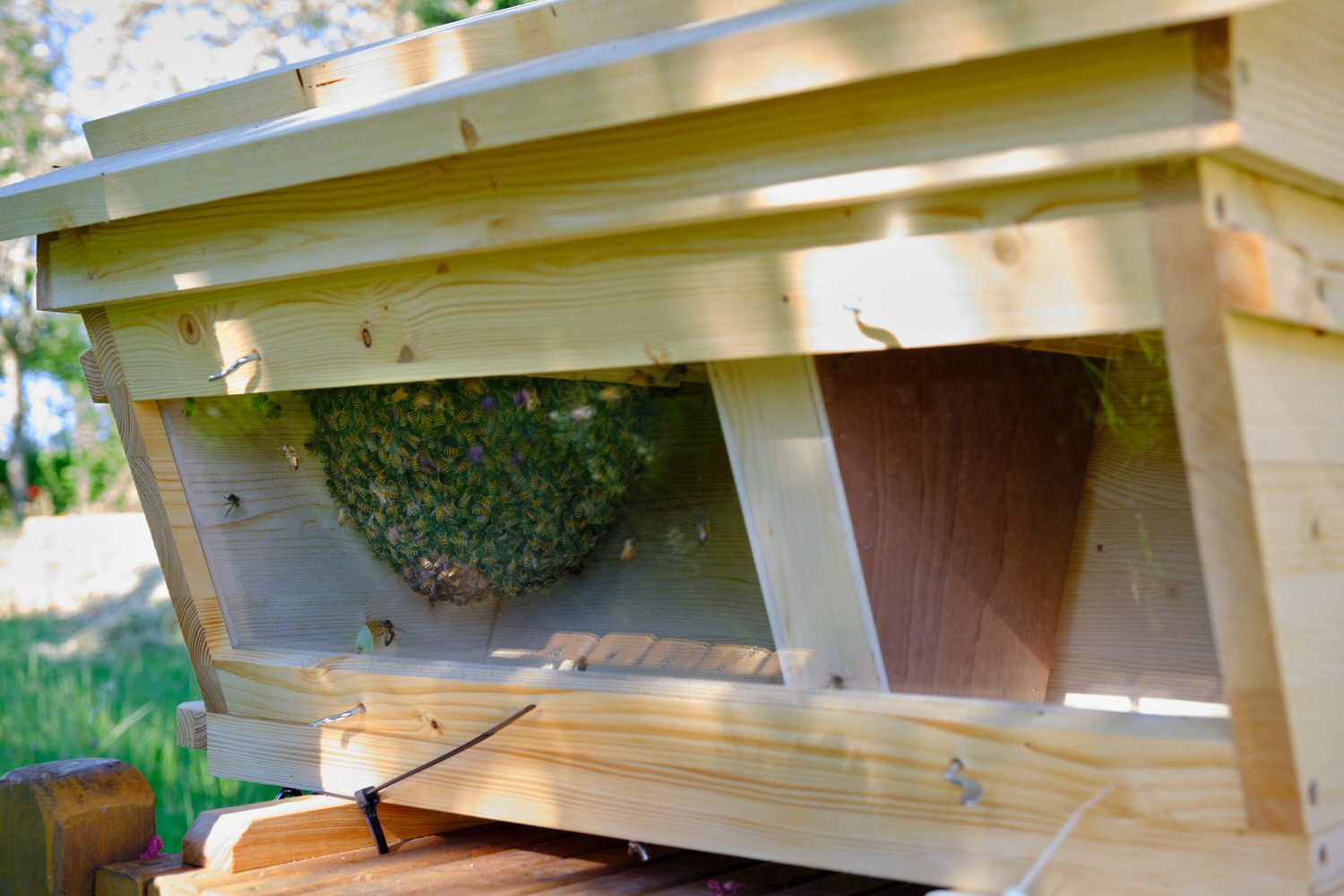
Unseren Honig haben wir nach Demeterrichtlinien zertifiziert. Wir verkaufen aber keinen Honig, da dieser selbst für unseren eigenen Bedarf nicht ausreicht. Zugekauft wird Honig vom Demeter Imker Günter Friedmann.
Bei der Gartenplanung ist für uns damit eine neue Dimension hinzugekommen. Wir müssen dafür Sorge tragen, dass immer genug Pollen- und Nektarquellen für unsere Bienen zur Verfügung stehen. Dies zu erreichen ist auf dem Land derzeit schwieriger als in der Stadt. Der Permakulturgarten ist dafür aber perfekt.
